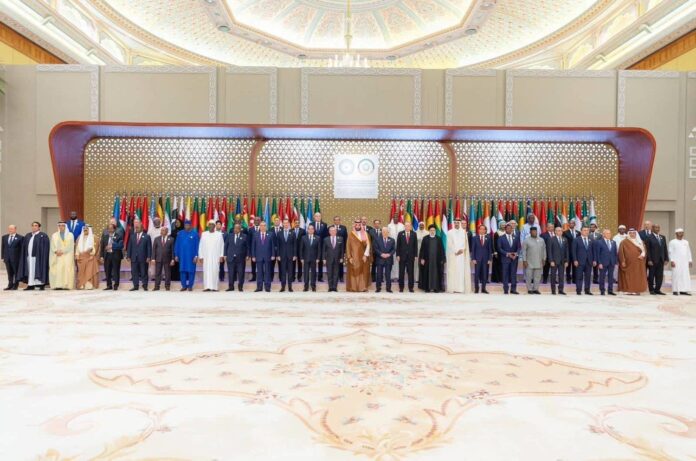Authors: Marwan Muasher, Maha Yahya
Affiliation: Carnegie Middle East Center
Organization/Publisher: Carnegie Middle East Center
Date/Place: July 2021/ Beirut, Lebanon
Type of Literature: Article
Word Count: 2099
Link: https://carnegieendowment.org/2020/09/09/coming-decade-of-arab-decisions-pub-82506
Keywords: Arab World, Governance, Regional Crisis, Political Reform, Inclusiveness
Brief:
Marwan Muasher and Maha Yahya discuss the Arab world order and how four major crises influenced it during the last decade. Starting from the 2011 Arab uprisings, the 2014–2016 decline in oil prices, then the 2019 protests in Algeria, Iraq, Lebanon, and Sudan, and finally the Coronavirus pandemic, the foundations of the old Arab order have collapsed. The authors argue that the region’s dominant authoritarian bargain—public acquiescence of lavish spending by dictators in exchange for relative stability—has collapsed along with oil prices. Accordingly, regional transition to stability and prosperity requires governments to respond through inclusive policies that ensure equity and equality among citizens. However, maintaining social peace could not be attained by coercion or financial incentives. Rather, the authors suggest ‘five key strategic shifts’ in the governance of the Arab world to rebuild stronger institutions and renew the social contracts. First, Arab governments have to adopt an “inclusive decision-making” approach to governance. Second, “education for active citizens” is a cornerstone to develop long-term prosperity of the region. Third, an economic reform from “patronage to productivity” is essential for meeting the requirements of the current situation to reshape their economic models. Fourth, “nurturing pluralism” is critical to make use of the diversity of the Arab population’s communities. Finally, “embracing regional cooperation” through initiating plans for political and economic cooperation is required to overcome fragmentation, conflicts, and enhance sustainable development. To sum up, Arab states need to achieve significant reforms in their political, economic, and regional systems through fundamental shifts. Although these changes seem to be tough and difficult, it is a way for the region to rebuild its new order and to properly function domestically and internationally.
By: Yomna Süleyman, CIGA Research Assistant




